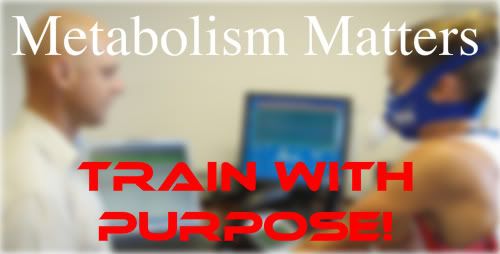Effective goal setting is NOT simply a case of saying "I want to lose 10kg this summer" or "I want to win the Gold Coast Marathon". If you want success you will need to apply your goal setting more thoughtfully and this means considering the PURPOSE of the process.
The Purpose of Setting Goals:
- Keep you motivated and focused.
- Enable you to feel a sense of achievement.
- Monitor your progress and the effectiveness of your strategy.
- Provide you with a step by step set of objectives so that you can train with purpose.
- Make a commitment to yourself.
Planning is the key, when you know your long term goal then you can determine what short term goals will form your plan of action. If you can't think of a long term goal, don't let this limit you, start knocking off some challenging short term goals anyway. When planning your goals, using the S.M.A.R.T principle will help you get it right:
S. Specific goals are the most effective. Don't be vague, know exactly what you want to achieve. Simple but challenging short term goals will help form a step by step process.
M. Set measurable goals so that you can monitor your progress and know exactly when you have achieved them.
A. Goals must be attainable so that you stay motivated and experience a continual sense of achievement. Goals also need to be adjustable so as to allow flexibility in the case of unexpected circumstances (eg illness, injury) or when you progress faster than expected.
R. Setting realistic goals is essential, which means having a good understanding of your starting point and what is physically possible. Setting unrealistic goals will either make you lose motivation or employ unhealthy short-cuts. Your short term goals should also be related to your long term goal.
T. Apply time frames to your goals. A certain time frame within which you must reach your goal. These time frames for your short term goals need to take into account your long term goals.
Generally speaking it is best to set positive goals, that is goals that are things you will do as opposed to things that you won't do. Also make sure your goals challenge you.
Most importantly WRITE DOWN YOUR GOALS and place them where you can see them regularly. I've never had a goal on my bathroom mirror that I did not achieve. When you achieve these goals tick them off and celebrate your achievement.
Next post I will discuss goal setting more specifically related to the 2 different areas; weight management and sports performance.







